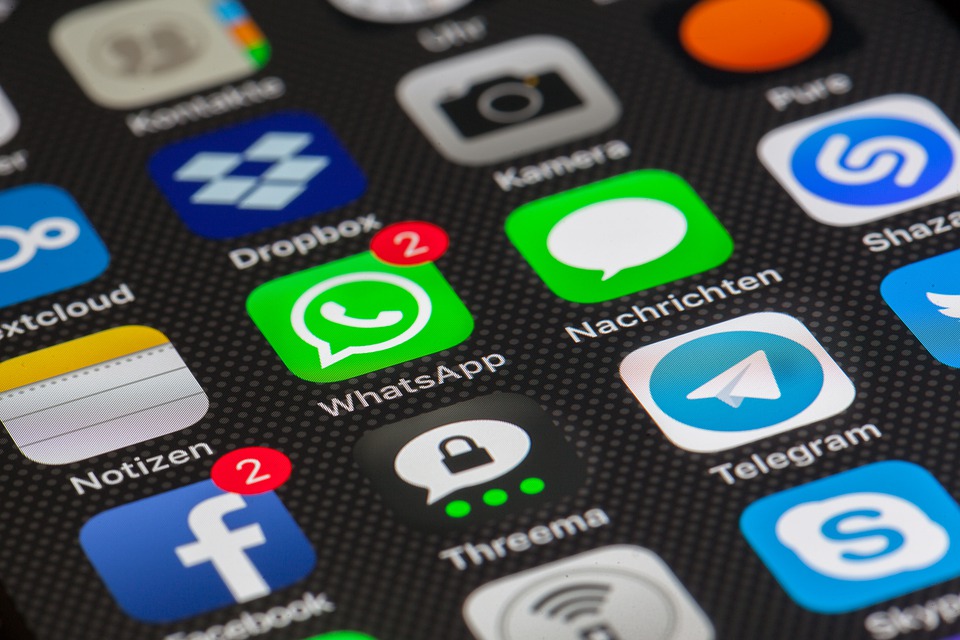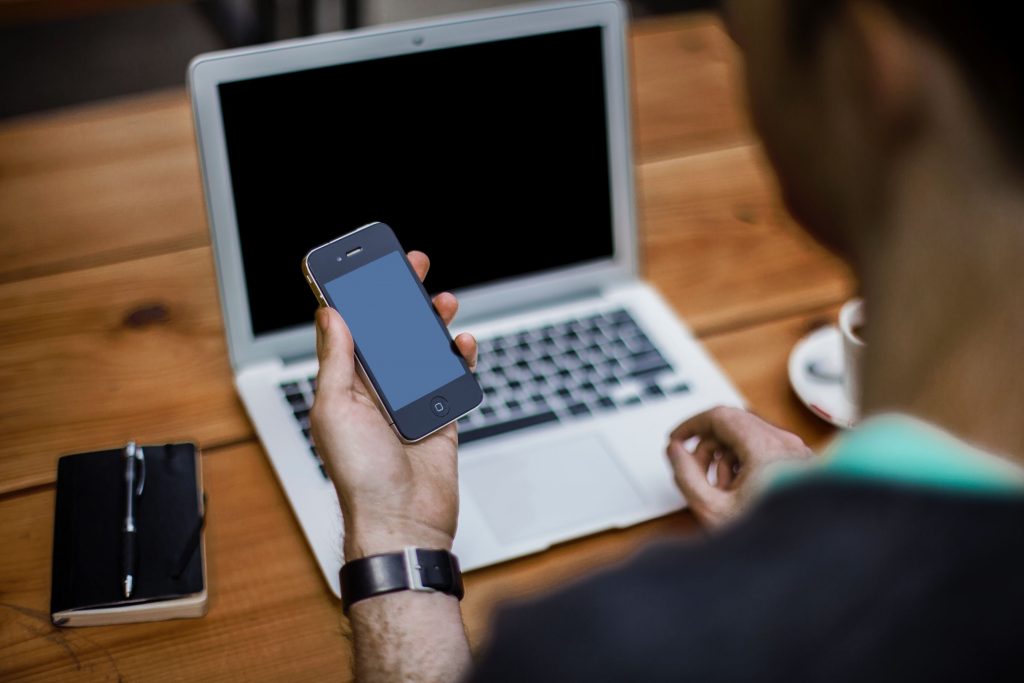
22 Mar Why switching off your notifications is your own mini digital detox
Why do you constantly check your phone or social networks? It may well be force of habit – a little bit of boredom creeps in so you unconsciously take out your phone and navigate to Facebook. But then there are also a multitude of other ways these apps keep us coming back and can draw us into smartphone addiction.
Social media feeds and likes are both habit forming features, because they offer intermittent variable rewards, but notifications are perhaps the most intrusive and distracting ways to hook us in.
Social media opt ins
Let’s take the fundamental ‘opt ins’ of social media accounts as a first example. When you sign up to Twitter you must provide an email address. This serves as a backup should you lose your login details, but it also provides the means to bombard you with notifications.

The email settings will send you a message about any ‘new notifications’ – which means any interaction that you may experience on Twitter, such as a reply, retweet or that someone has followed you. Twitter will then email you about stories ‘within our network’ then a multitude of different updates including ‘Things you missed since you last logged into Twitter’ and ‘Tips on Twitter business products.’ At the start of 2018, there were 13 options new account holders had to remove themselves from – just have a look at your own Twitter settings.
Rather than considering notifications as a crude bombing of their user’s email inboxes, application designers have termed approaches like these ‘growth hacking’ – essentially getting more repeat users to applications by any means necessary.
Made up events
Some of the notifications are not even relevant to the user – for instance, someone in your network has followed someone else, who you probably don’t know. Then there are the notifications about events that don’t really exist. LinkedIn have created the concept of ‘the work anniversary’ to notify a user of their anniversary, then get their network to like and comment on this event. They will, of course, be notified about these actions.

You’re working, but receive a smartphone notification – this can easily knock your concentration from the task at hand.
Notifications are not just a feature of social media exclusively; almost all phone applications will have some form of notification system. Your email, Whatsapp, text messages and news apps will almost certainly have a notification that vibrates, makes a specific noise and puts an icon on your screen by default. The little red number icon provides both a psychological marker that it needs to be attended to now (red is an alarming colour marker) and gives no information as to what could be contained within the application.
The negative effects of notifications
What is the overall effect of all these notifications? According to a 2014 study, people were receiving an average of 65 notifications per day – and this has almost certainly increased in the meantime.
Meanwhile, just the act of receiving a notification is enough to seriously distract you – knocking your ability to focus on the task at hand. It’s even been found that a third of the smartphone notifications we receive worsen our mood. You can see plenty more evidence with our digital detox facts.
What are we to do about this tide of distracting information? It is seriously recommended that you disable all notifications if you’re on social media. On smartphones, there seems to be little cause to have them on either. It’s always going to be better to check communication in your own time, rather than be distracted by it. Turn them off, and you’ll be having your own digital detox – perhaps you’ll also see improvements in your mood and be less distracted.




Sorry, the comment form is closed at this time.